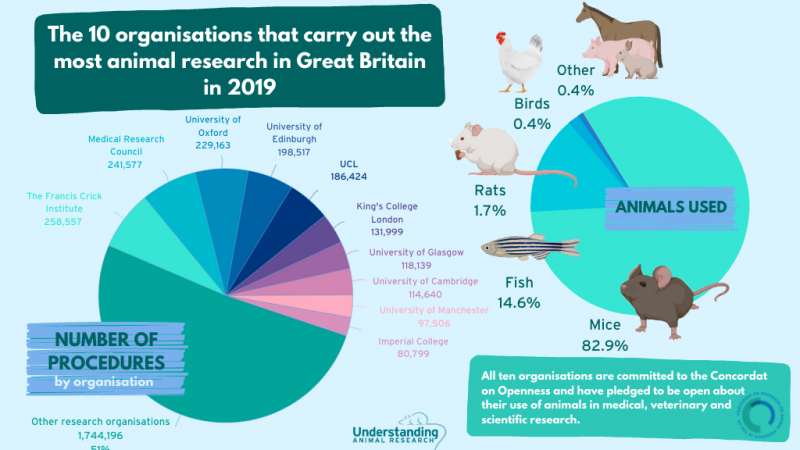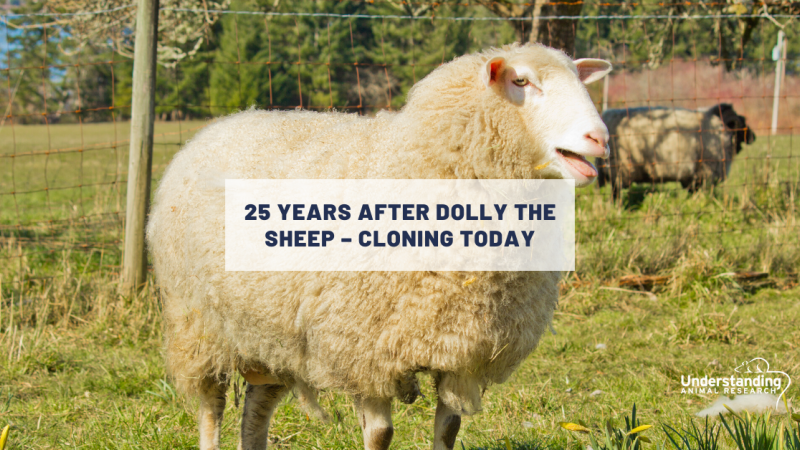Scientists have for the first time made fertile eggs from adult stem cells. The experiments used human and mouse stem cells and tested the ability of the eggs to be fertilised and develop into baby mice. This landmark research changes our understanding of female fertility and could provide revolutionary treatment for millions of infertile couples worldwide.
Unlike men, who produce new sperm throughout most of their life, women are born with a limited number of eggs and cannot make any more. Illness and chemotherapy can damage existing eggs, leaving the woman infertile.
The team discovered egg-producing stem cells in the ovaries of women. The team identified the same types of cells in the ovaries of mice as well and tests showed that they behaved almost identically. When grown in the laboratory, both human and mouse stem cells 'spontaneously generated’ immature eggs, or oocytes, which looked and acted like oocytes in the body. The cells were ‘matured’ into eggs when surrounded by living human ovarian tissue, which had been grafted inside mice.
Further experiments using the mouse stem cells showed that the mature eggs could be fertilised and develop into healthy baby mice. This suggests that the human cells could also produce embryos, but regulations prevent that type of research being conducted.
This not only re-writes the rule book – that women do not have to capacity to produce more eggs – but it also raises the hope that women born infertile, or women that become infertile due to sickness or injury, could be given the opportunity to have new eggs made for them in the laboratory.
Last edited: 3 August 2022 10:49



